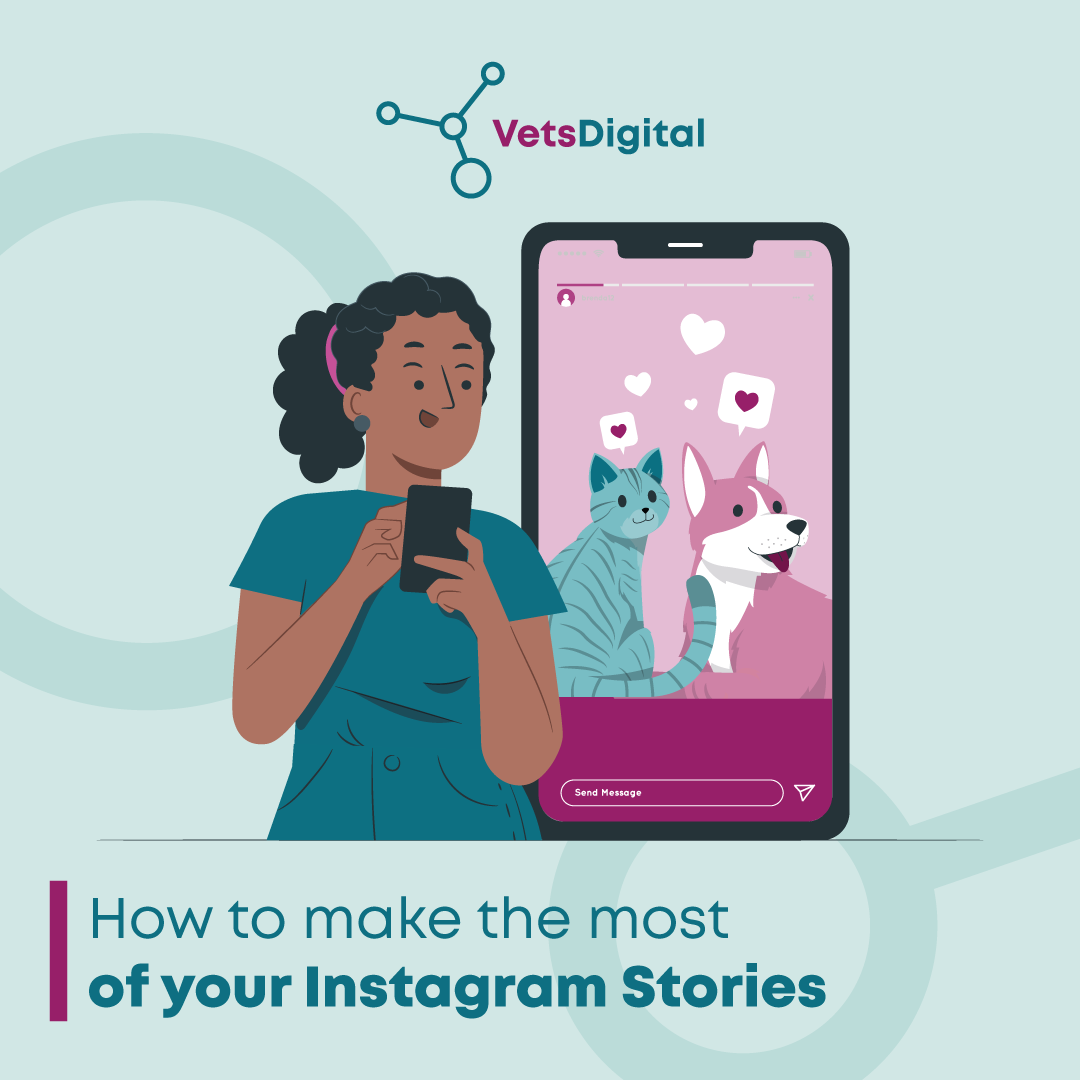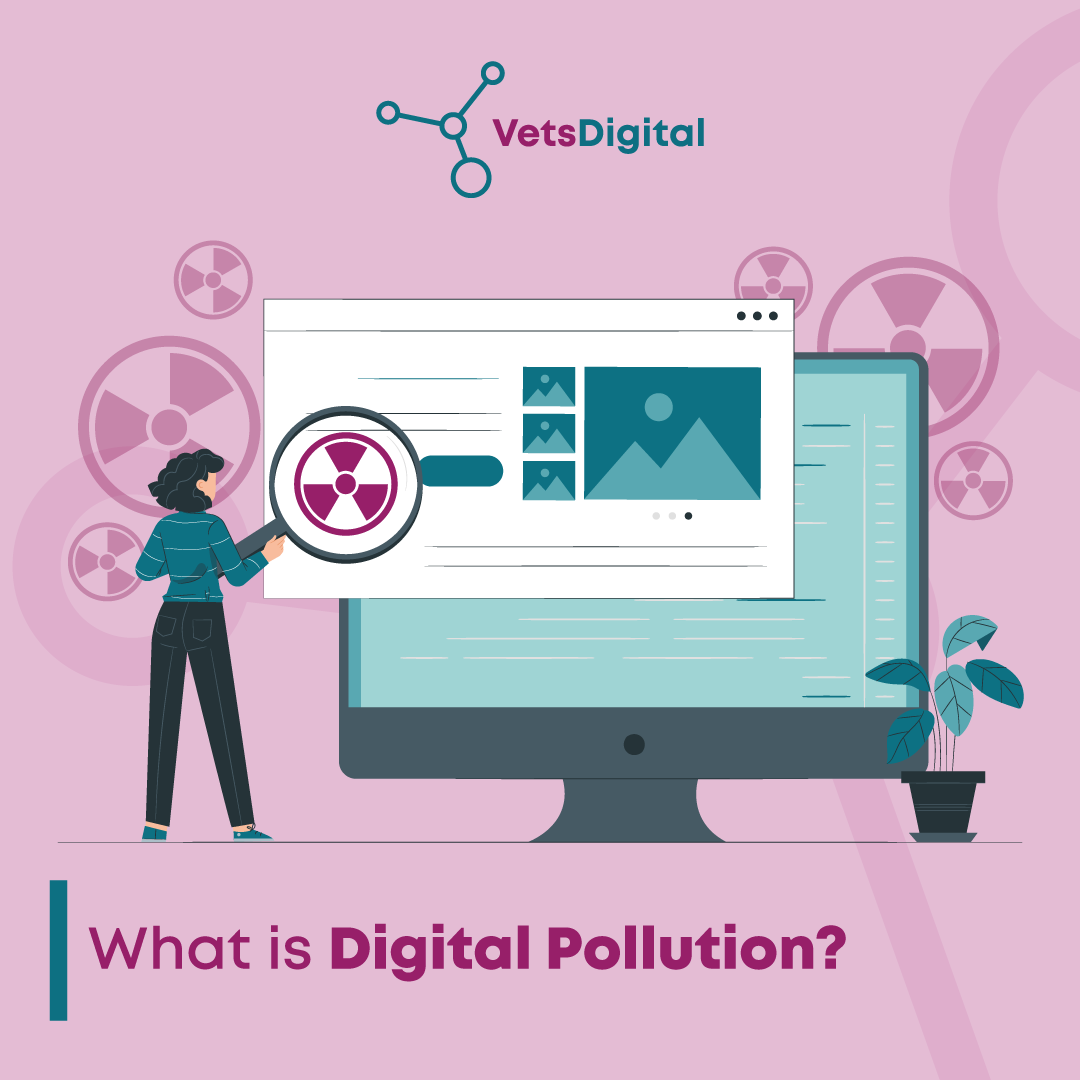News, Uncategorised,
Facebook Algorithm Change – Friend or Foe?
Anyone who follows the technical or marketing press will know that, in January, Facebook made some dramatic changes to their newsfeed algorithm. This was described in no uncertain terms as being “catastrophic” and a “disaster” for publishers and businesses, with one blogger coining my favourite neologism of the year the “Algopocalypse”. Now that all the dust has settled, this blog is going to look at the changes, and assess the impact they’ve had on the wider online publishing industry, and on us at VetHelpDirect.
What is the Facebook algorithm?
Any computer system is composed of algorithms, step-by-step instructions for a process. In this case, despite people referring to it as “the” Facebook algorithm, what the company have tweaked is the way its systems decide what appears on our newsfeeds. Obviously, not every single item that pages – or people – that you follow appears on your feed (I’m sure we’ve all had the frustrating hunt for a post that has disappeared – this is usually why, it’s been “de-prioritised”), and the algorithm that Facebook’s been playing with controls that process.
What changes were made?
Essentially, the newsfeed algorithm has increased the weighting it applies to posts based on the degree of engagement (comments, responses and reactions), and decreased the weighting given to the publisher as a whole. Thus, whereas in the past posts from a page that had 10,000 likes would appear more often in the newsfeed than one with 1000, more or less whatever the reaction of those followers, the bias is now towards the posts that have the most engagement.
Mark Zuckerberg argued that the reason for this was to encourage community spirit – to alleviate the “problem” whereby “public content — posts from businesses, brands and media — is crowding out the personal moments that lead us to connect more with each other… [because] when we use social media to connect with people we care about, it can be good for our well-being. We can feel more connected and less lonely, and that correlates with long term measures of happiness and health. On the other hand, passively reading articles or watching videos — even if they’re entertaining or informative — may not be as good.”
A slightly more cynical take on the situation can be found here, but whatever the reason, the effect is real. The newsfeed algorithm will reward posts that trigger discussion, comment and debate, and punish those that simply provide information or a link to a page or website. It really is a massive shift.
What impact has this had across the board?
There’s actually not been a lot of published analysis yet. The most in-depth study that I’m aware of has been released by NewsWhip, focussing on news outlets. While a few have done fantastically well (CNN is allegedly up roughly 300% on engagement, which makes me suspect the data), most of the big news publishers haven’t seen dramatic changes – a drop in reach, but with a few exceptions, relatively little impact on engagement. There are three possible explanations for this – either they were able to modify their approach and mitigate the algorithm change, they massively increased the numbers of posts (NBC News), or their massive user base compensated for them by peer-peer sharing.
Smaller organisations seem to have been a lot more hit-and-miss, however, with Little Things (once a benchmark!) being forced out of business, and even viral publishers like VT struggling – but The Dodo and Tasty holding their own.
Overall, most marketers seem to be reporting drops in both reach and engagement in the 50% to 75% bracket – bad for a mixed-media marketer, catastrophic if your focus is on Social Media.
What about VetHelpDirect?
Well, we really do seem to be bucking the trend! We’ve spent some time collating and analysing the data from all the Facebook accounts that we manage for our clients, and the results are startling.
Firstly, the expected – we’ve seen a drop in reach, but only of 15% – less than we had feared. However, engagement with the posts we’re running for our clients is up 11%, with no significant change in standard deviation (suggesting that this tide has lifted everyone more or less equally). This change is statistically significant, and appears to correlate closely with the rollout of the new algorithm. That said, we have seen a 12% increase in page likes, although with a corresponding increase in standard deviation, this seems to be more marked for some accounts than others. We think this variability may be related to the increased impact that paid ads are having, now that the organic reach has declined.
Why is that?!
With so many confounding factors, a specific cause is impossible to determine with certainty. However, our working theory is that because we strongly encourage comment and response to our posts, and have engaged heavily in our “Respond and Engage” service, the drop in reach is more than counterbalanced by peer-peer sharing being prioritised. If your clients are actively engaging on your posts, more of your clients are now knowing about it, encouraging them to get involved as well.
Do you need help with Facebook marketing? If so, get in touch and our expert team will be able to show you what we can do!






